Power of Positivity: Positivity is a force that bestows life with beauty, that we all yearn for.
We are fervent admirers of positivity, yet it often appears that we are surrounded by the persistent presence of negativity. Numerous instances exist where negativity has displayed its merciless side and crossed all boundaries causing profound harm to the lives of others, including the innocent. Despite our most earnest endeavors to foster a brighter outlook, negativity can manifest itself in a multitude forms, sowing discord and causing harm. Whether it’s through harsh words, destructive actions, or malevolent intentions, negativity seems to find a way into our lives with remarkable persistence.
It raises an essential question: Why does negativity persist, and what drives individuals to commit acts of cruelty that harm others so profoundly?
We can agree with the statement that the persistence of negativity and the drive behind acts of cruelty that harm others profoundly are complex issues influenced by various factors like human nature and evolution, psychological factors, social and cultural influences, mental health issues, environmental factors, deindividuation, desensitization, lack of empathy, impulsive behavior, and perceived justification.
These factors are interrelated and can interact in complex ways with different combinations of situations. Understanding why negativity persists and why some individuals commit acts of cruelty requires a comprehensive approach, with variable factors. Efforts to address these issues require positivity.
Positivity often involves promoting empathy, providing mental health support, addressing societal inequalities, and fostering a culture of kindness and respect. That only can be done by the positive mindset persons at different levels.
This article explores the intricate relationship between positivity and negativity, highlighting the enduring power of positivity.
The intricate relationship between positivity and negativity
While negativity may persist in our surroundings, it is crucial for us to stand resolute in our dedication to fostering positivity and compassion.
It is important to understand that while a degree of negativity may be inherent as a survival instinct, it does not define the entirety of human nature. Humans are complex beings with a wide range of emotions, including positive ones like empathy, love, joy, and compassion.
Humans have the potential to cultivate positive emotions, engage in acts of kindness and empathy, and make conscious choices to promote positivity and well-being. By addressing the root causes of negativity and supporting those who are struggling, we can hope to reduce the impact of negativity on our lives and communities.
Life is a combination of experiences, a complex interplay between light and shadow, positivity and negativity. The intricate relationship between these contrasting forces shapes our perceptions of the world and profoundly impacts on our daily lives. There is a dynamic connection between positivity and negativity, they coexist, influence each other and ultimately define our human experience.
Positivity and negativity are two sides of the same coin, each finding its existence in contrast to the other. It is this duality that enriches our lives and makes our journey meaningful.
Positivity is the force that inspires hope, the unwavering belief in a better tomorrow. It encourages growth, nurtures creativity, and fosters empathy, making it an essential component of our well-being.
While negativity often carries a negative connotation. It compels us to confront our weaknesses, question our assumptions, and seek solutions to the problems that life presents.
In a world that often seems filled with darkness, positivity shines as a beacon of light. It adds beauty to our lives, enriches our relationships, and empowers us to overcome adversity.
Adversity refers to difficulties, challenges, or unfavorable circumstances that we encounter in life. It encompasses a wide range of situations and may test one’s resilience, adaptability, and ability to overcome obstacles. It contains many forms, including;
- Personal Challenges
- Professional Setbacks
- Societal or Environmental Factors
- Mental and Emotional Struggles
- Academic Difficulties
It is a common part of life, and how individuals respond to it can shape their character and personal growth. Overcoming adversity often involves resilience, problem-solving, and finding ways to adapt and thrive positively in the face of difficult circumstances. It is a fundamental aspect of human experience and can lead to personal development and growth when approached with determination and a positive mindset.
Let’s explore how a positive mindset and a negative mindset affect one’s experience of adversity in various ways:
Exploring the Impact of Mindset on Adversity
| The form of Adversity | Impact of Positive Mindset on Adversity | Impact of Negative Mindset on Adversity |
| Personal Challenges | Turning Challenges into Opportunities | Navigating Challenges with Pessimism |
| Professional Setbacks | Embracing setbacks as stepping stones | Paralyzed with fear of failure |
| Societal Environmental Factors | Proactive Engagement in the Face of Adversity | Drowning in the Sea of Powerlessness |
| Mental and Emotional Struggles | Seeking Strength in Vulnerability | Trapped in the Abyss of Hopelessness |
| Academic Difficulties | Fostering Growth through Academic Challenges | The Shackles of Self-Doubt in Academic Trials |
Let us be advocates for positivity, spreading its influence far and wide, and working towards a brighter, more harmonious world for all. Promoting a positive mindset and helping individuals transition from a negative mindset can be a transformative process that enhances mental well-being and overall quality of life. Here are some recommendations:
| For Individuals with a Positive Mindset | For Individuals with a Negative Mindset | For Everyone, Regardless of Mindset |
| Cultivate Gratitude for positive aspect of life Share Positivity Stay Resilient Practice Mindfulness Set meaningful goals in reinforcing a positive mindset | Seek support Challenge Negative Thoughts Self-Compassion Focus on solutions Positive Visualization Mindfulness and Relaxation | Build a Support Network Limit Negative Influences Embrace Growth Mindset Practice Self-care Set Realistic Expectations Help Others |
Shifting from a negative mindset to a positive one may take time and effort, it is a process of self-discovery, realizations in understanding negative elements within the self, and personal growth. Seek guidance if finding it particularly challenging to make this shift.
A negative mindset when prevalent in individuals within a society, can have far-reaching and detrimental effects on the community as a whole.
Social Division: A Negative mindset can foster division within society. Pessimism, cynicism, and a lack of trust can lead to a breakdown in social cohesion, making it challenging for people to work together and build strong communities.
Reduced Social Support: Individuals with negative mindsets may be less likely to offer support to others in need. This can weaken the social safety net and hinder efforts to address societal challenges.
Economic Impact: A perverse negative mindset can impact economic growth. It may discourage investment, entrepreneurship, and innovation, as people may be more risk-averse and less inclined to seize opportunities.
Healthcare costs: Negative mindsets can contribute to higher healthcare costs. Chronic stress, anxiety, and depression, often associated with negative thinking can lead to increased healthcare utilization and expenditures.
Education and Skill Development: A negative mindset can hinder educational attainment and skill development. The student who believes they are incapable of success may not invest in their education, leading to long-term consequences for the workforce and the economy.
Political Polarization: Negative mindsets can contribute to political polarization. When people view political issues through a negative lens, it can be challenging to find common ground and engage in productive dialogue.
Crime and Violence: Communities with a prevalence of negative mindset may experience higher crime rates. A lack of trust and empathy can lead to conflict and violence.
Mental Health Struggles: Negative mindsets can exacerbate mental health issues on a societal level. Stigma and reluctance to seek help can be more prevalent in communities where negativity is pervasive.
Innovation and Progress: Negative mindsets can stifle innovation and progress. A belief that changes is futile or that problems are insurmountable can discourage individuals and societies from seeking solutions to pressing challenges.
Political Engagement: Negative mindsets may lead to disengagement from the political process. When people feel powerless or disillusioned, they may be less likely to participate in election or advocate for change.
It is not absolutely necessary for a person to have all negativities or a positivity. Rather, it is essential to have a balanced and self-aware perspective. Self-analysis and self-awareness are powerful tools for personal growth and well-being, ultimate contributing to society.
Here is how individuals can benefit by acknowledging both their negative and positive aspects:
Self-awareness; deeper understanding of their thoughts, emotions, and behaviors.
Emotional Intelligence can lead to better emotional regulation and healthier relationships.
Balanced Decision-Making; to consider the potential consequences of their actions and choices by understanding the pros and cons of different aspects
Enhanced Relationships; recognizing negative tendencies can lead to more empathetic and construction interactions
Resilience; acknowledging negative aspects and challenges can enhance resilience to cope with adversity more effectively
Building on Strengths; is empowering and enabling to achieve the goals and overcome challenges.
Mindfulness and Well-Being;; helping individuals stay present and focused which contribute to overall well-being and reduced stress.
Empathy towards others foster a sense of connection and compassion
Striving for Positivity; while recognizing negative aspects, individual can actively strive to cultivate positivity in their lives. This may involve setting positive goals, practicing gratitude, and nurturing a positive mindset.
The impact of a negative mindset on society is not irreversible. communities, government, organization can take proactive steps to promote positive thinking resilience, and a culture of support. Initiatives that focus on mental health awareness, education, and community-building can help mitigate the negative effects of pervasive negativity and contribute to a more positive and productive society.
Concluded….
Disclaimer: The majority of the pictures on our platform are sourced from Google images and Pexels, and may not indicate copyright ownership. We will promptly remove the picture with sincere apologies, if any copyright claims.







